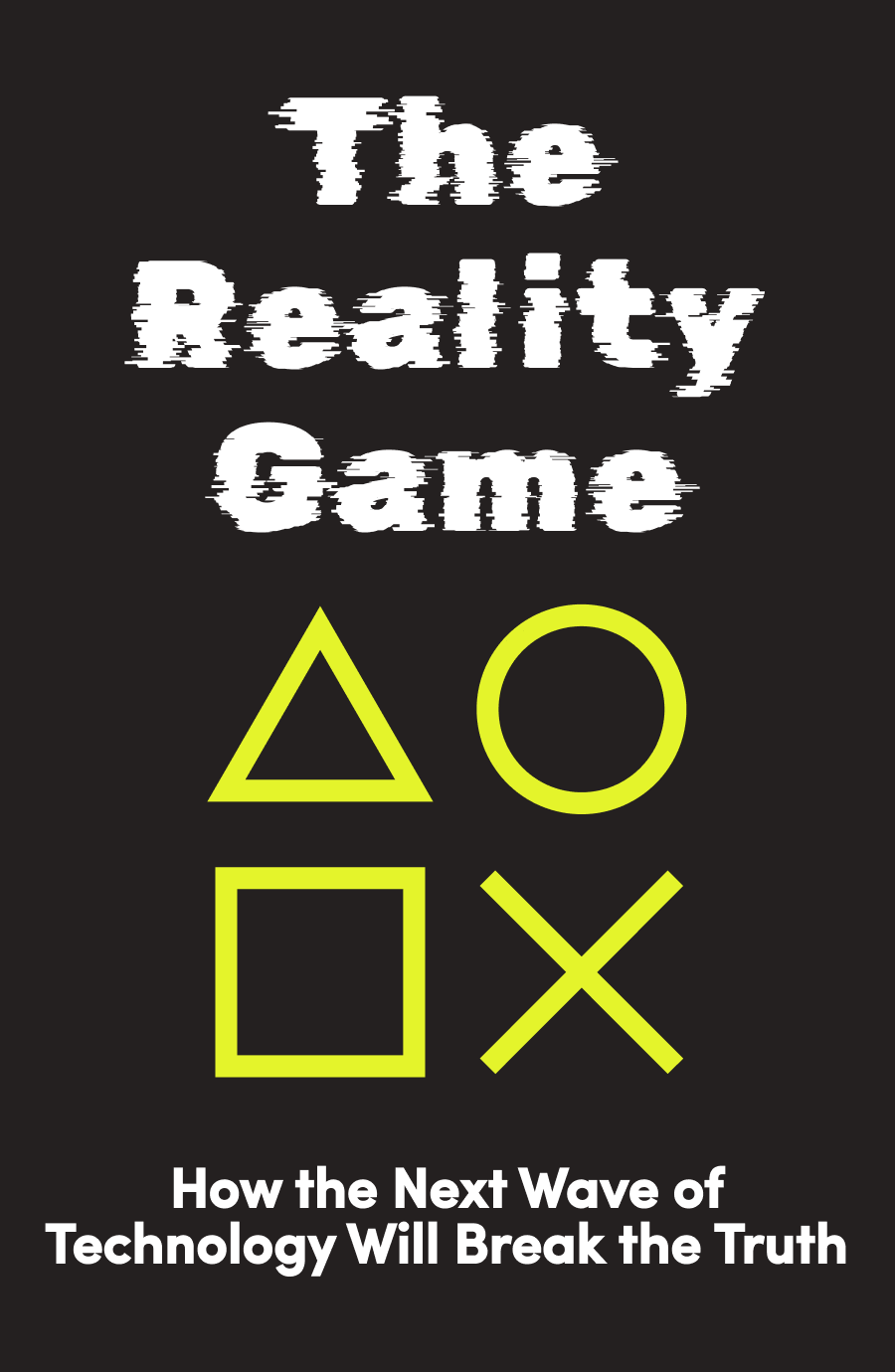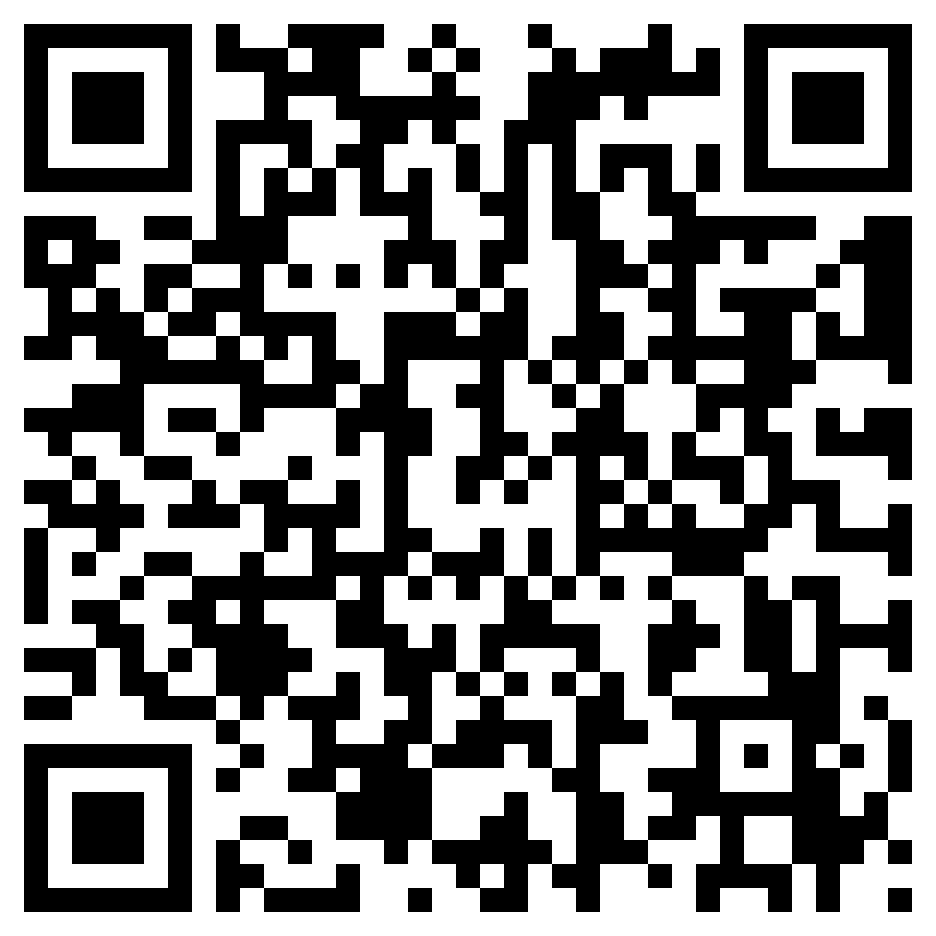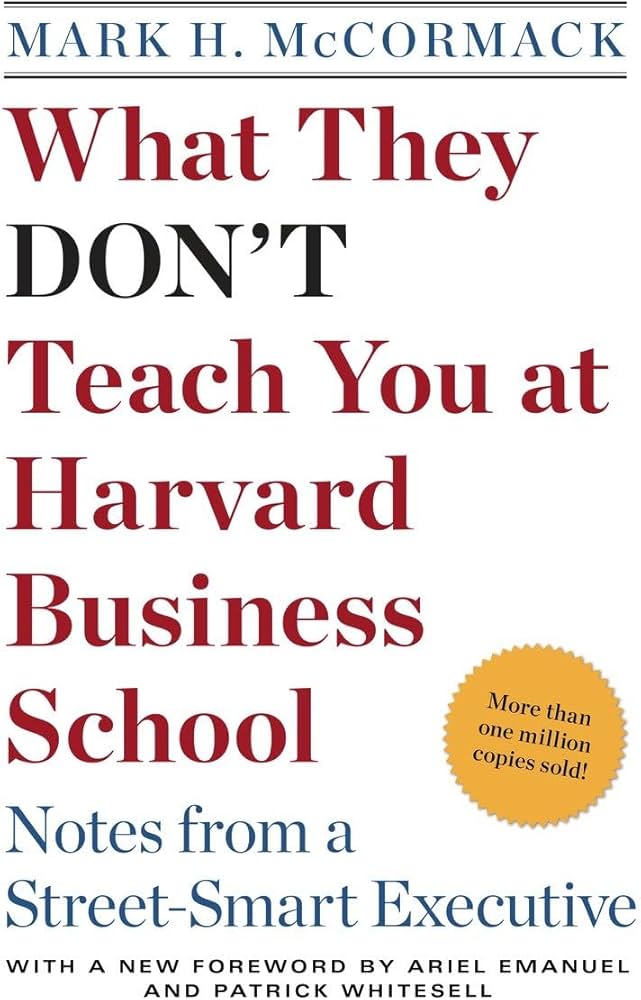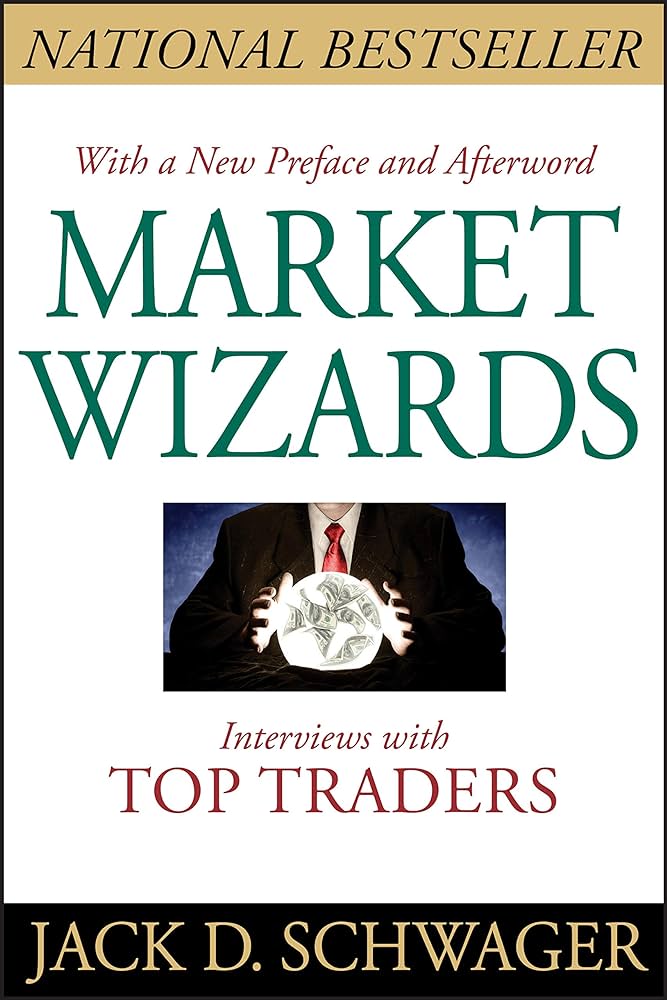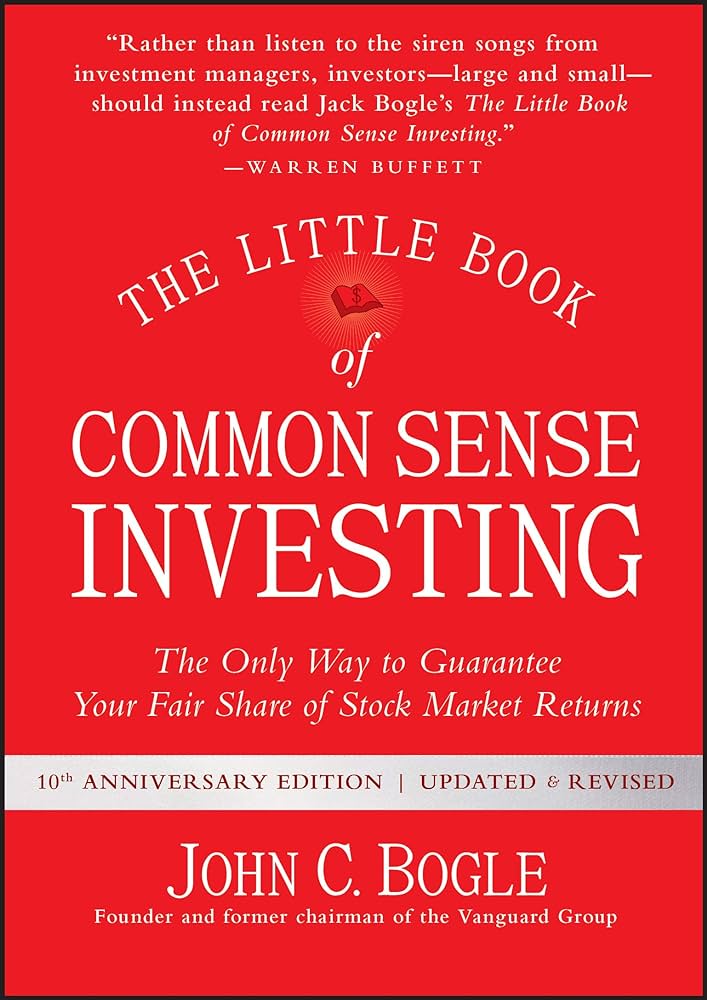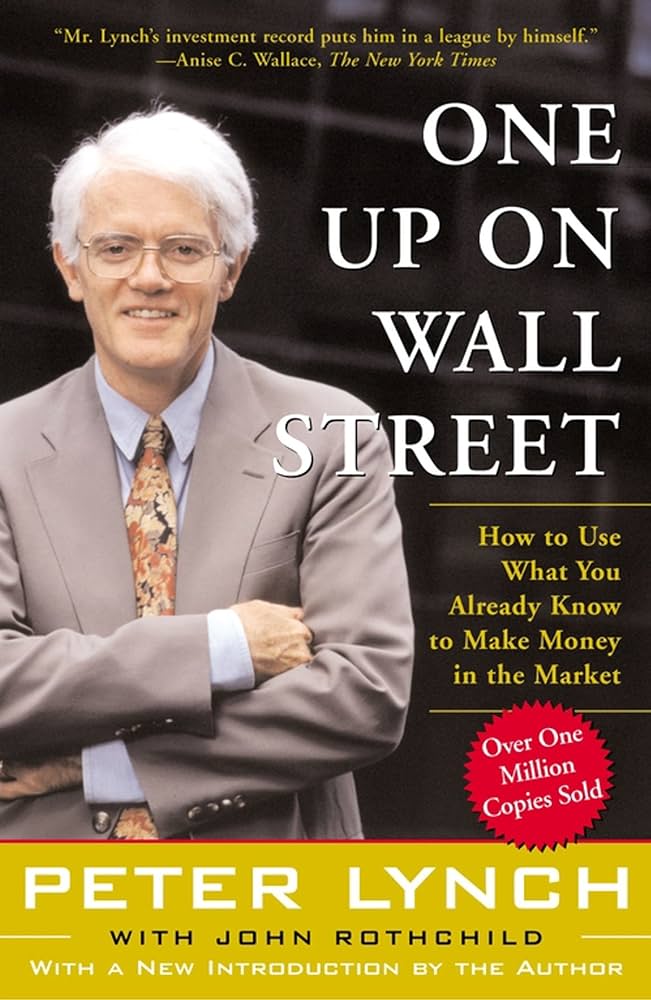Lesson 1. Introduction.
Social media is increasingly being used as a political weapon. Political organizations and authoritarian governments are using social media to strengthen their grip on citizens, and to push their agendas.
Even democracies aren’t immune to this. During the 2016 Presidential election in the US, Donald Trump’s team launched a highly sophisticated digital campaign – thousands of fake social media accounts were created to propagate his agendas. The British campaign promoting Brexit too featured a similar tactic. Both the Brexiteers and Trump launched a barrage of disinformation, which led them to victory.
The real problem, Woolley argues, is the misuse of social media. Executives of the social media giants too are reluctant to use an iron hand to stop this. As a result, social media is increasingly being used to ‘hack’ democracy, as Woolley demonstrates.
At the end, Woolley shares possibilities regarding how such rogue elements on online platforms can be thwarted.
Lesson 2. How misuse of new age social media has eroded faith in democracy.
The faith of citizens around the world, in democracy, has begun to dwindle. A 2018 Gallup poll revealed that, over the last four and a half decades, the percentage of Americans who trusted the Congress, had dropped from 43 to 11.
This trend is visible not just in the US, but across the globe. Countries always known to have been the bastions of democracy – like Italy, South Africa, Brazil - now have their citizens increasingly suspicious of this form of governance. How can we explain this surge of distrust in democratic institutions?
The old media of the past was much responsible for maintaining people’s faith in democracy. Earlier, the TV presenter or the newspaper columnist was the one who spread the information; thousands of people received it. The news anchor and the journalist tried to remain as objective as possible. A view or information had to pass through several rounds of vetting, before it was put out there.
But now, with the advent of new media, the media landscape has altered significantly. Information is now spread in terms of the “many-to-many” paradigm. Now, people no longer rely on one person to receive their information. They can write their views on social media, and anybody can read it.
In that way, the Internet age has democratized the media world. It has given everybody the right to express themselves. The scope of civic participation, too, has increased. However, this landscape is controlled by a few social media giants, each less accountable than the old media houses.
The
Unlock Knowledge with Wizdom App
Explore a world of insights and wisdom at your fingertips with the Wizdom app.
 1 Million+ App Download
1 Million+ App Download  4.9App Store Rating
4.9App Store Rating 5000+Summaries & Podcasts
5000+Summaries & Podcasts
